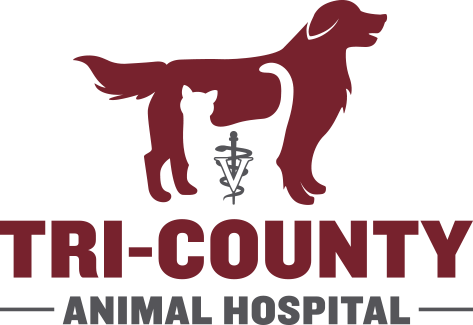Emergency Pet Care: Essential Tips and Guidance
Your Plan Should Include All Family Members
The best way to protect your household from the effects of a disaster is to have a disaster plan. If you are a pet owner, that plan must include your pets. Being prepared can save their lives. Different disasters require different responses. But whether the disaster is a hurricane or a hazardous spill, you may have to evacute your home. In the event of a disaster, if you must evacuate, the most important thing you can do to protect your pets is to evacuate them too. If it’s not safe for you to stay behind then it’s not safe to leave pets behind either. Take action now so you know how to best care for your furry friends when the unexpectecd occurs.Know a Safe Place to Take Your Pets
- Local and state health and safety regulations do no permit the Red Cross to allow pets in disaster shelters. (Service animals are allowed in Red Cross shelters.)
- Contact hotels and motels outside your local area to check their policies on accepting pets and restrictions on number, size and specicies. Ask if “no pet” policies can be waived in an emergency. Keep a list of “pet friendly” places, including phone numbers, with your disaster supplies.
- Ask friends, relativies or others outside the affected area whether they could shelter your animals.
- Make a list of boarding facilities and pet veterinarians who could shelter animals in an emergency; include 24-hour phone numbers.
- Ask local animal shelters if they provide emergency shleter or foster care for pets during a disaster.
Assemble a Pet Emergency Preparedness Kit
Keep your pet’s ssential supplies in sturdy containers that can be easily accessed and carried (a duffle bag or covered trash containers, for exmpale). Your pet emergency preparedness kit should include:- Medications and medical records (stored in a waterproof container) and a First Aid kit.
- Sturdy leashes, harness, and/or carriers to transport pets safely and ensure that your animals can’t escape.
- Current photos of your pets in case they get lost.
- Food, drinkable water, bowls, cat litter/pan, and manual can opener.
- Information on feeding schedules, medical conditions, behavior problems, and the name and number of your veterinarian in case you have to foster or board your pets.
- Pet bed or toys if easily transportable.
